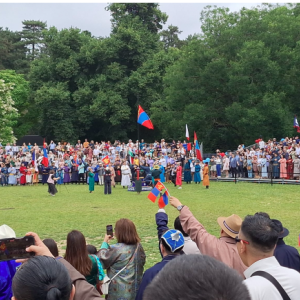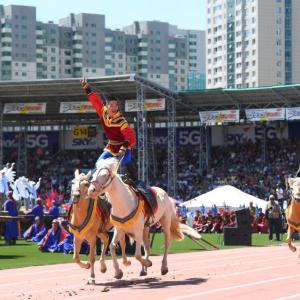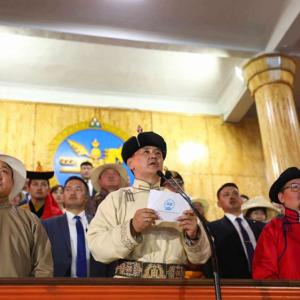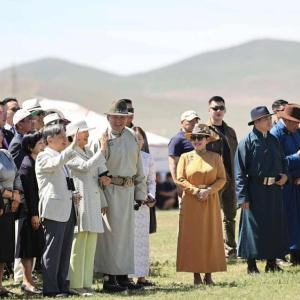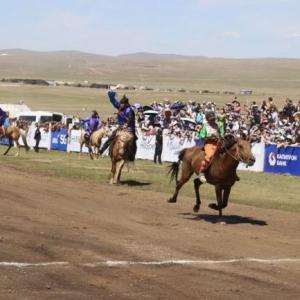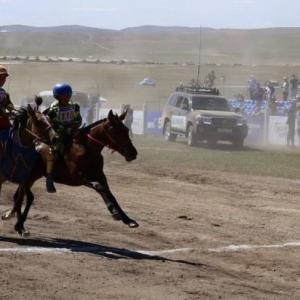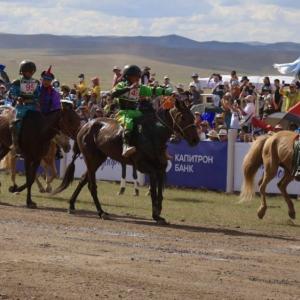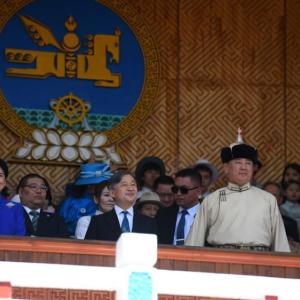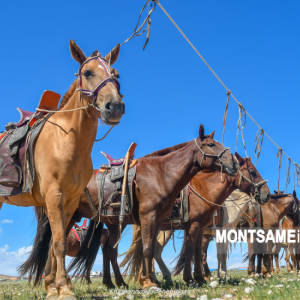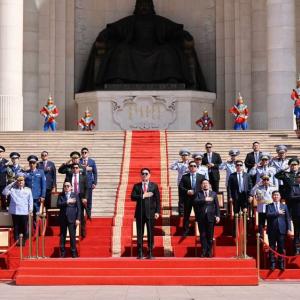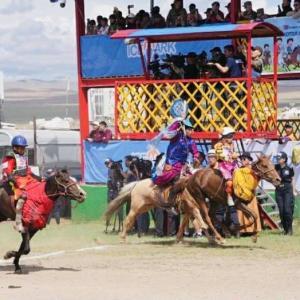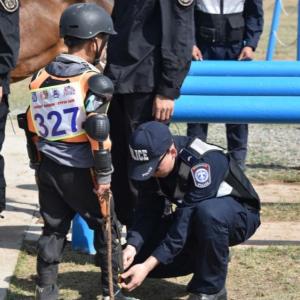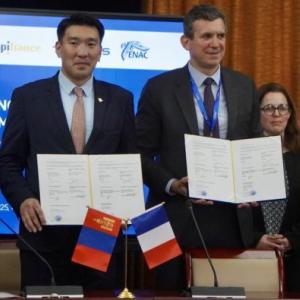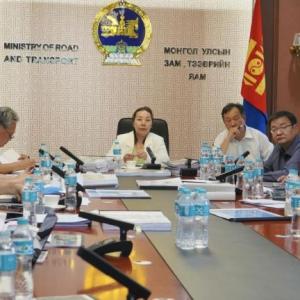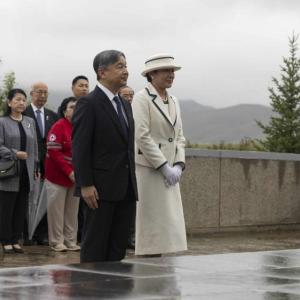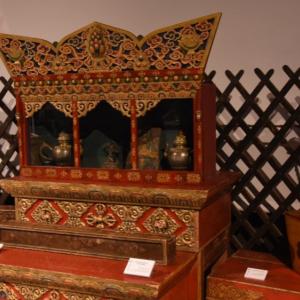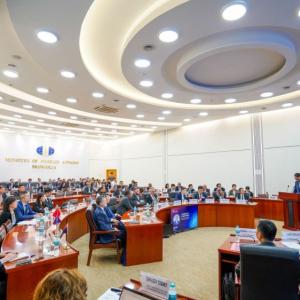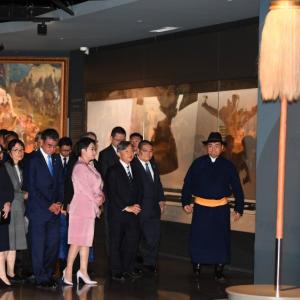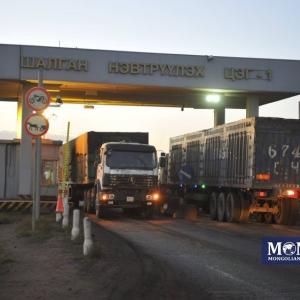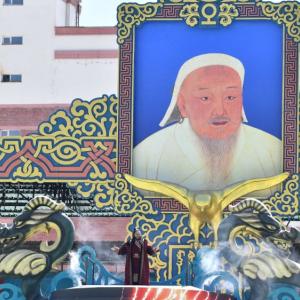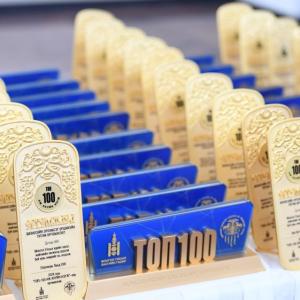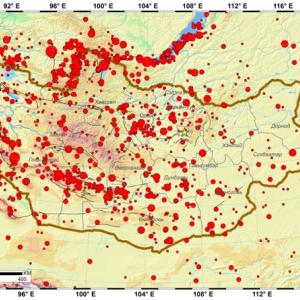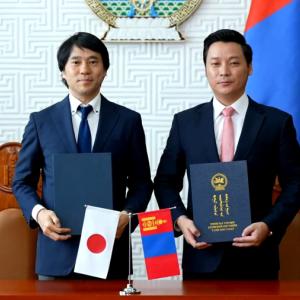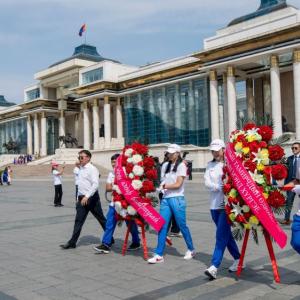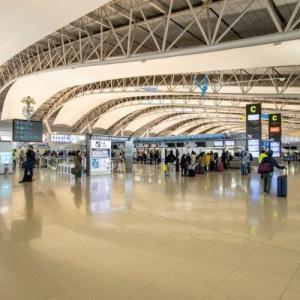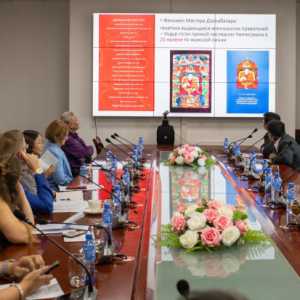The Cabinet Makes Decisions to Tackle Seasonal Challenges
Politics
Ulaanbaatar, February 28, 2024. /MONTSAME/. During its regular session on February 28, 2024, the Cabinet made the following decisions:
The Cabinet Makes a Set of Decisions to Address the Challenges of the Difficult Winter and Spring Situation
The Government of Mongolia ordered to collect 10,200 tons of fodder from the reserve of the State-Owned Limited Liability Company "Agricultural Corporation," as well as 9,000 tons of fodder stored in various enterprises, and undertake measures to distribute them to the herders of aimags experiencing iron* and white** zud.
To expedite the provision of assistance and services to herders, the Cabinet decided to allocate MNT 15 billion from the Government's Reserve Fund to purchase vehicles for the Governor's Offices of selected soums.
The Cabinet decided to submit the draft Law on Exemption from Customs Duty to the State Great Khural of Mongolia. The draft Law aims at ensuring the staple food product supply and procurement, protecting the animal husbandry sector from risks and increasing resources without disrupting the supply. To achieve these objectives, the draft Law proposes the exemption of customs duties on imported livestock and animal fodders, feed additives, and enriched wheat flour.
In response to the challenging spring situation across Mongolia, the Government approved the allocation of MNT 5 billion from state resources to provide essential food aid to herders in affected aimags. This aid will include flour, rice, sugar, salt, tea, and vegetable oil.
Based on the proposal of the Governors of the aimags, the Minister of Education and Science of Mongolia L. Enkh-Amgalan was instructed to make the necessary arrangements for the lessons and training activities of the third term of the general education school in the regions with severe spring and to study and decide whether it is possible to increase the vacation period of the students. For the future, it is recommended to consider a differentiated vacation structure for students in urban and rural areas, considering the Tsagaan Sar (Mongolian Lunar New Year) and the calving season.
Based on the proposals from the Governors of the aimags, Minister of Education and Science of Mongolia L. Enkh-Amgalan was instructed to develop arrangements for the lessons and training activities of the third term in general education schools located in regions with severe spring conditions and investigate and determine the feasibility of extending the vacation period for students in these regions.
The Minister of Food, Agriculture and Light Industry Kh. Bolorchuluun was tasked with organizing and facilitating the step-by-step sales of livestock and meat directly from herders to consumers through the Agricultural Exchange. The Cabinet decided to commence the sale of prepared beef, sheep, and goat meat to meet the needs of the capital city's population from March 11, 2024.
Minister of Finance of Mongolia B. Javkhlan presented proposals for measures to be taken regarding herders' loans. Minister Javkhlan was instructed to discuss with the Bank of Mongolia and commercial banks the possibility of postponing principal and interest repayments on herders' loans held in commercial banks. Also, the Minister was tasked with studying the issue of setting the interest rate at 6 percent, covering the interest difference at the state expenses, and presenting findings to the Cabinet meeting. Herders' loans in commercial banks amount to MNT 1.3 trillion.
*Iron (or glass) dzud happens when grasses are covered with impenetrable ice that is produced through melted and refrozen snow (most likely occurring during spring and autumn).
**White dzud defined as conditions during which grasses that grow during the summer and decay during the subsequent cold season are covered by deep snow, preventing grazing. The snow depth during these conditions substantially exceeds plant height. This is the most common and disastrous dzud type.

 Ulaanbaatar
Ulaanbaatar

